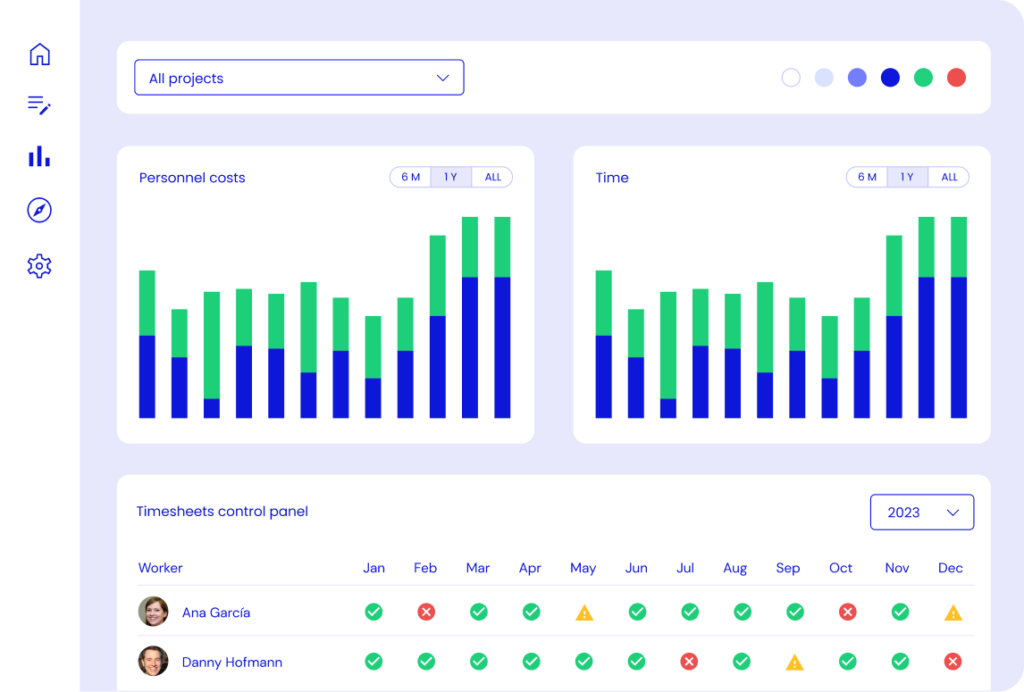Incorporating seconded personnel—temporary workers from other organizations—into Horizon Europe projects presents an administrative and financial challenge for many entities. While the flexibility and expertise these professionals bring are invaluable, handling their costs in terms of eligible expenses can be complex. In this article, we combine practical guidance with regulatory specifications to offer a comprehensive approach to managing these costs.
Understanding Eligible Costs
The EU’s Annotated Grant Agreement (AGA) clearly sets out the conditions under which costs incurred during a project are considered eligible. These conditions apply to both direct costs, such as staff salaries, and indirect costs, such as general administrative expenses. For seconded personnel, the eligibility of their costs depends on meeting specific criteria that ensure these expenses are real, necessary for the project’s implementation, and reasonable.
Seconded Personnel Costs
The eligibility of seconded personnel costs hinges on their direct contribution to the project. They must:
- Be incurred during the project’s duration.
- Align with the expected tasks and outcomes, as described in Annex 1 of the AGA.
- Be identifiable and verifiable, adequately recorded in the beneficiary’s accounts.
- Comply with applicable national laws on taxes, labor, and social security.
- Be reasonable and justified, reflecting the principles of economy and efficiency.
Practical Treatment
To effectively integrate seconded personnel into Horizon Europe projects, organizations should:
- Establish clear secondment agreements defining the scope of work, responsibilities, and secondment duration. These agreements should reflect how the personnel’s work directly contributes to the project.
- Ensure that costs are reasonable compared to the salaries of internal staff performing similar tasks, to avoid significant discrepancies that could be flagged as non-compliant.
- Meticulously document the work performed by seconded personnel, including hours worked and tasks completed, to facilitate verification and audit.
Integration with Project Strategy
Incorporating seconded personnel should be considered as part of the overall project strategy, evaluating how their experience and skills can maximize the project’s impact. Financial planning should clearly reflect the costs associated with this personnel, ensuring all eligibility conditions and documentation requirements set by the EU are met.
Effective management of seconded personnel costs in Horizon Europe projects not only complies with EU regulatory requirements but also maximizes the value these professionals bring to the project. Through careful planning, adequate documentation, and a clear understanding of regulations, organizations can fully leverage their project team’s potential, including those coming from outside the organization.
This comprehensive approach ensures not just compliance with Horizon Europe guidelines but also efficiency and effectiveness in conducting R&D projects, which is essential for technological advancement and innovation in the EU.
For organizations looking to navigate the complexities of Horizon Europe projects, Kronis.app offers specialized support and tools designed to streamline project management and ensure compliance with EU funding regulations. Explore our solutions today to maximize your project’s success and leverage the full potential of your team, including seconded personnel. Discover more at Kronis.app.


